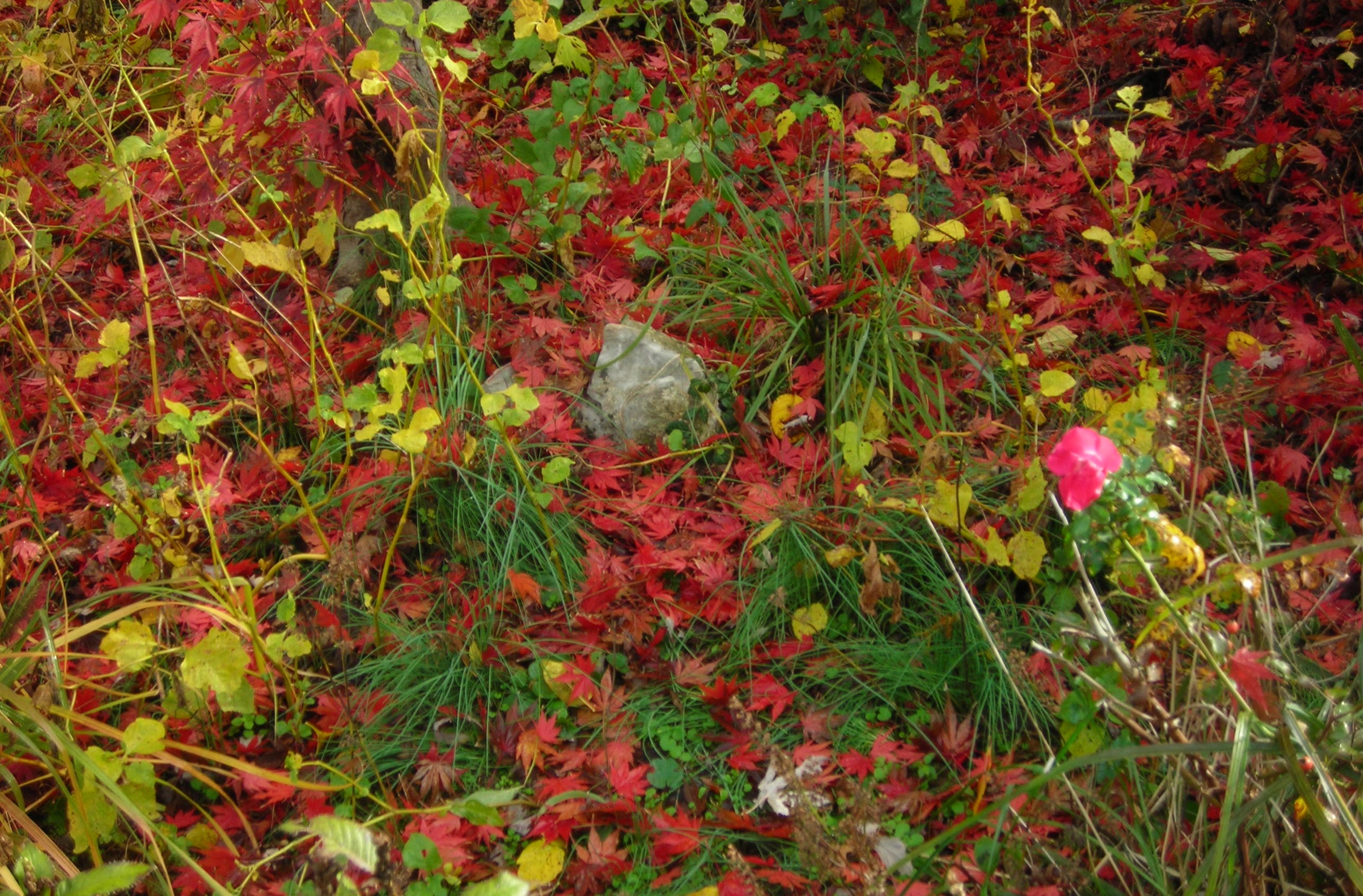Good evening!
This evening is Thanksgiving evening. We must give thanks not only for food and drinks, but for all beings, which give us life. We must know that we can live only on other lives. Today I forwarded an article titled “10 Tips to Reduce Food Waste during the Holidays.” We waste food that can feed about 50 million people. We should not waste food, much less precious lives, in manmade disasters and wars. Unless we become awakened, we can not give thanks wakefully, much less to the true awakened way. The concluding chapter of the Significance of Cultivation and Verification (The Shushogi, 修証義) is:
Practice in Gratitude
This generation of awakening mind is mostly aspired by human bodies in Nan’enbu. With these causes and conditions we were born in this Shaba-land because of our actions. Why should we not rejoice at seeing Shakyamuni Buddha? (26)
Quietly consider that we could not surrender our bodies and lives for the true Dharma, however earnestly we might wish to, had the right Dharma not been propagated. We should appreciate ourselves of today who have met the right Dharma. Don’t you see what a Buddha has said: When you happen to see a master who preaches the unsurpassed awakening, you should not notice his birth, not see his appearance, not mind his faults, not consider his actions, but should bow and revere the master three times a day and arouse no distress of mind because of respect for hannya (prajñâ, prognosis). (27)
Seeing the Buddha and listening to the Dharma is due to themerciful grace of the practice of each of the buddhas and successors. If not for the individual transmission among the buddhas and successors, how could it have been brought about until today? We should requite the grace of even a single phrase. We should requite the grace of even a single Dharma. How much more should we requite the great grace of the unparalleled great Dharma of Shobogenzo. Even a sparrow in sickness did not forget the grace and ably requited with the rings of Sambu. Even a turtle in distress did not forget the grace and ably requited with the seal of Yofu. Even animals requited grace, how can it be possible that human beings can not know grace? (28)
There are no other ways in requital, but only our daily practice can properly be the right way of requital. This means that we should not waste our daily lives and that we should practice not to spend them selfishly. (29)
Light and shadow pass swifter than an arrow. Body and life are more fragile than a dewdrop. By what skillful means can we regain the day already passed? A hundred years of a vain life are regrettable days and months, deplorable forms and frames. Even though the days and months of one hundred years have been spent as a slave running around after voices and colors, if one realizes the real practice of one day out of them, not only does one realize the practice of one hundred years of one life, but also will realize the saving of one hundred years of another life. The body and life of this one day is the valuable body and life and precious form and frame. Cherish the body and mind which realize this practice personally, and respect them personally. Through our practice, the Buddhas’ practice is realized and the Buddhas’ great path is reached. Therefore, practice of one day is the seed of buddhas and is the practice of buddhas. (30)
The Buddha here referred to is Shakyamuni Buddha. Shakyamuni Buddha is indeed “the mind being Buddha. When all the buddhas in the past, present and future alike become buddhas, they inevitably become Shakyamuni Buddha. This is “the mind being Buddha.” Deliberately investigate who is “the mind being Buddha” and then you will requite the Buddha’s grace genuinely. (31)
11/24/11

